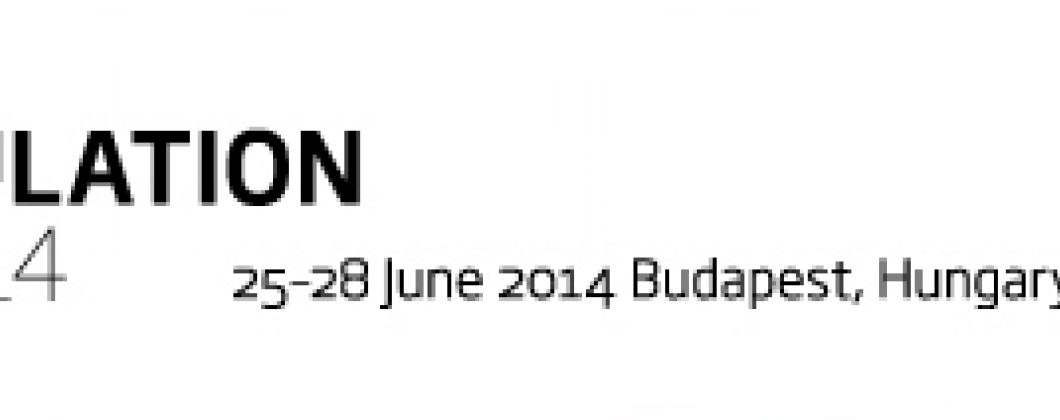EPC 2014
The European Population Conference 2014 (EPC 2014) was organized by the European Association for Population Studies (EAPS) in collaboration with the Hungarian Demographic Research Instittute (HDRI).
EPC 2014 was a general population conference and had a special focus on the demographic interpretation and evaluation of the post-communist transition. The conference took place from 25–28 June in Budapest, in the main building of the Corvinus University and (for the Closing and Award Ceremony) in the Upper House Hall of the Hungarian Parliament.
In keeping with the traditions of EPCs, presentations covered all major subject areas of demography in the broadest sense.The conference theme "Transitions: Opportunities and Threats"was addressed in the Opening Plenary session and a number of simultaneous sessions. In the opening session David S. Reher (Madrid) spoke about the theory of demographic transition, Melinda Mills (Oxford) offered a new approach to examining family transitions in Europe, France Meslé (Paris) talked about mortality/health crisis in post-communist societies, while Zsolt Spéder (Budapest) talked about the Post-Communist Fertility Transition. Another key event of the conference was the plenary lecture by the internationally acknowledged Hungarian demographer Paul Demeny, who spoke on policy challenges of the current demographic situation in Europe.
Some 530 presentations selected from 1063 submitted abstracts took place during 116 simultaneous sessions and 3 poster sessions. The most popular topics were ‘family and household’, ‘fertility’ and ‘international migration’; the demographic characteristics of Central and Eastern Europe and the challenge presented by aging populations for a growing number of countries also received considerable attention.
EPC 2014 was attended by nearly 900 registered participants, coming from almost all European countries and 25 countries from outside of Europe.

